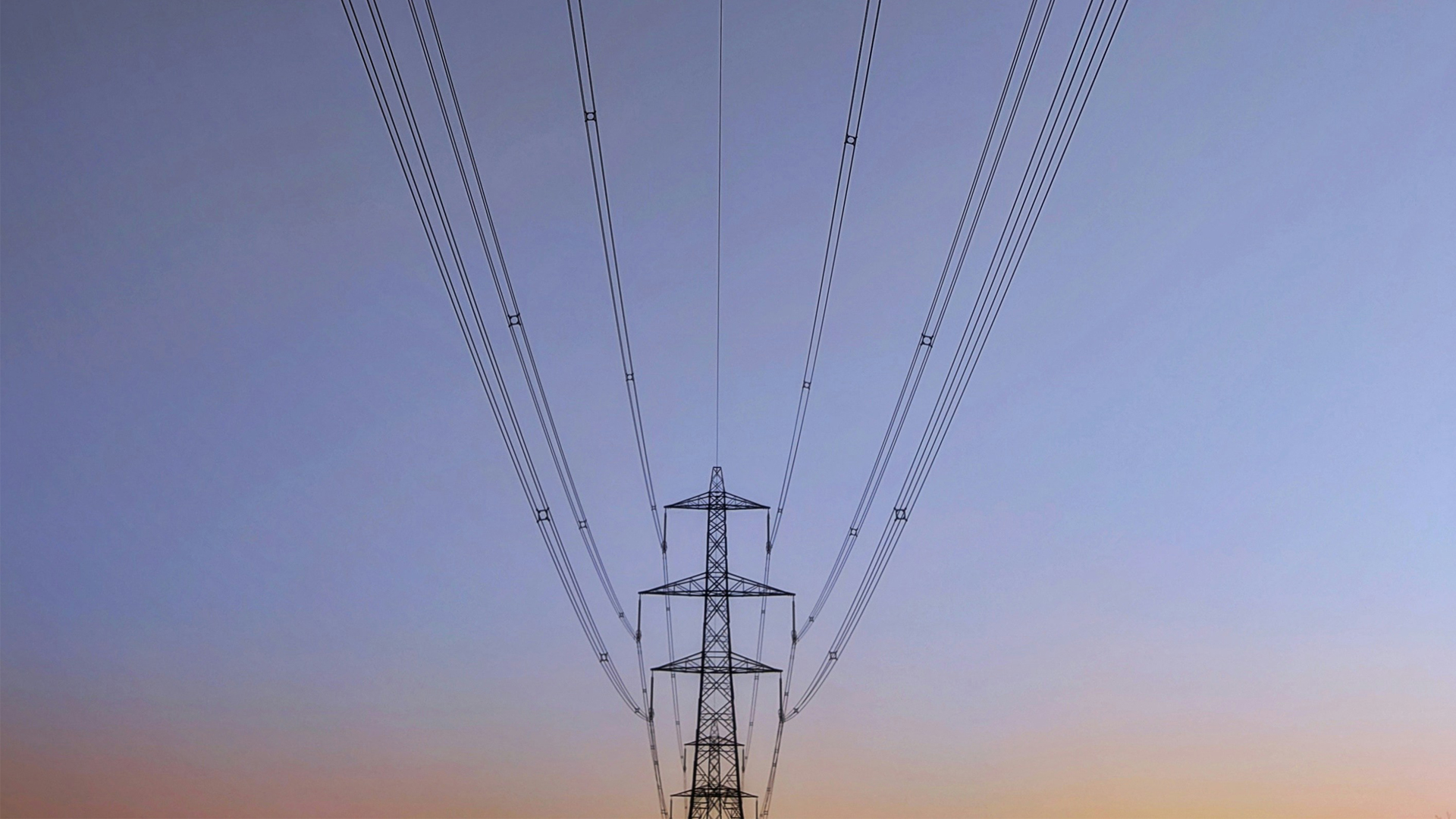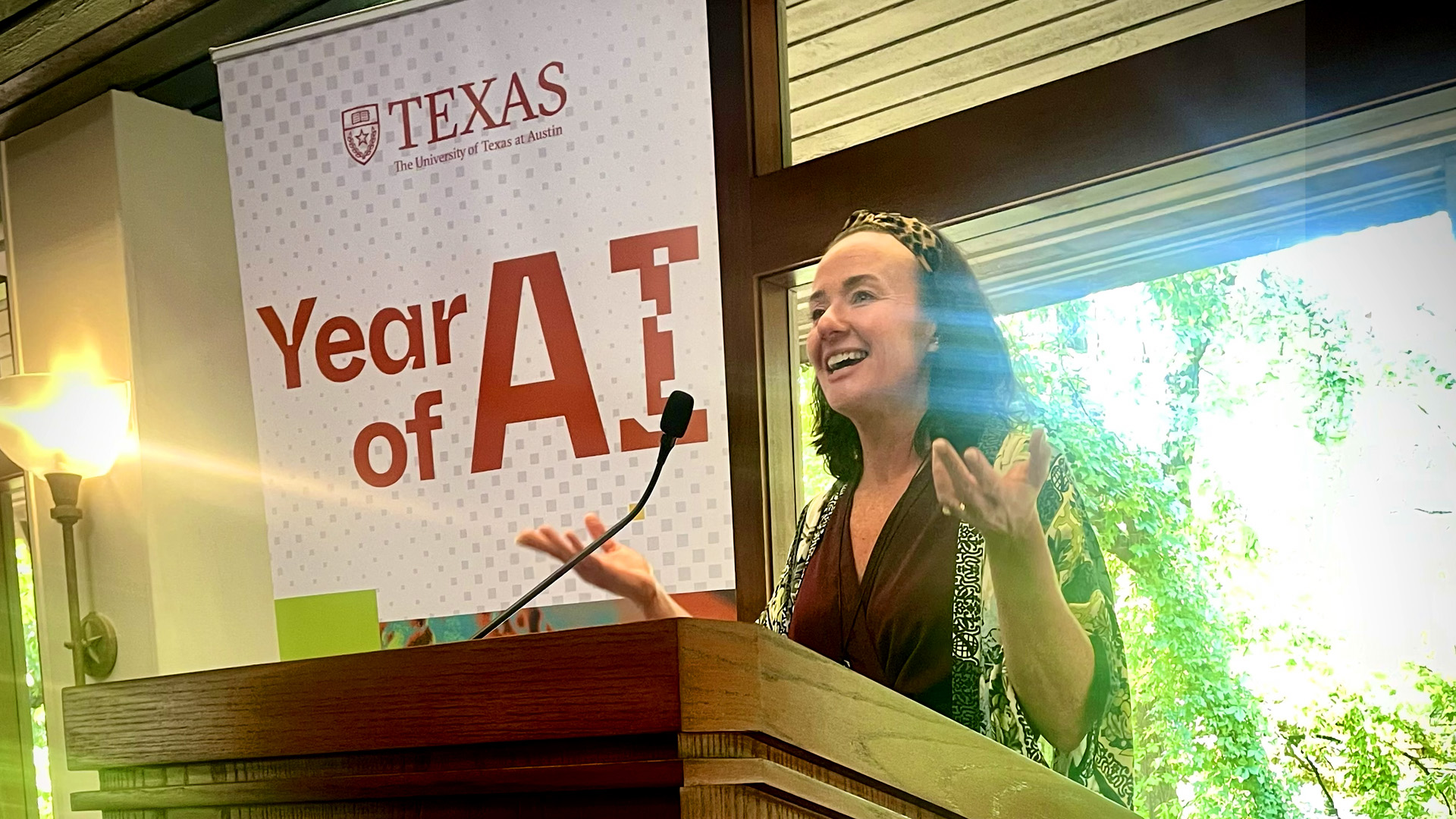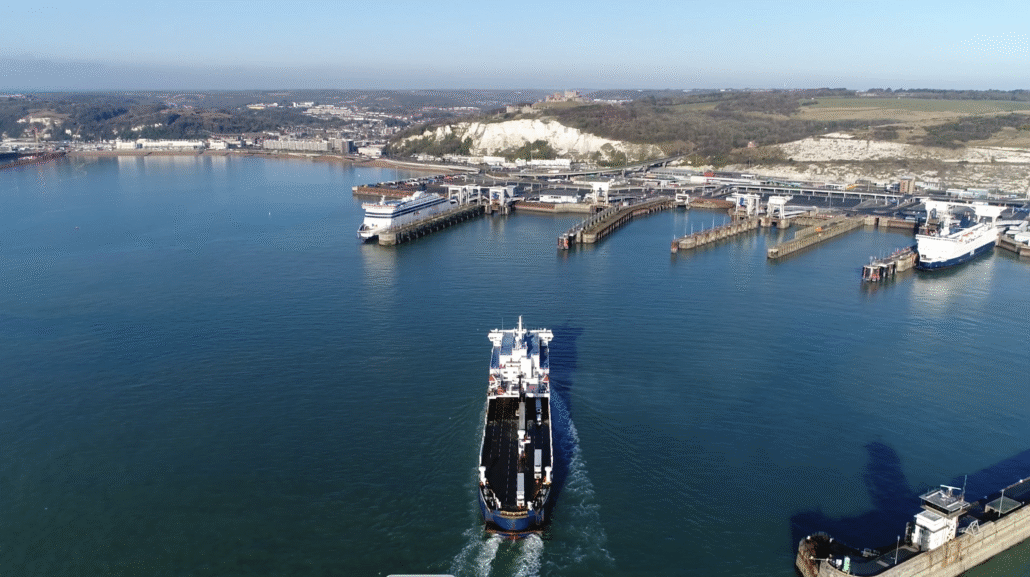Meet our policy expert, Jo-Ann Pattinson
Jo-Ann Pattinson is a TransiT researcher and policy expert based at the Institute for Transport Studies at the University of Leeds. We asked her about her role.
What’s your role at TransiT?
I’m a litigation lawyer by background and my role as an academic focuses on how the regulation of technology impacts people and society.
In TransiT, this means speaking to transport operators about the practical impact of all the regulatory changes that are coming down the pipeline. These include emissions regulations, different policies on alternative fuels and electricity connections reform – which restructures how new clean energy projects connect to the power grid. What do all these changes mean for their businesses and how does that fit into our ultimate goal of decarbonizing the UK transport system?

Dr Jo-Ann Pattinson
What are some of the challenges?
Often when I’m speaking to people, it’s not about a particular policy document or piece of legislation, but it’s some real practical point that doesn’t fit – because when the legislation’s all new, not everything is ironed out.
For example, ferry operators have UK regulations, European Union regulations and regulations coming in from the International Maritime Organisation. And we’re all hoping that these magically dovetail into each other. But at the moment, no-one really knows. This makes it hard for ferry companies to practically work out how to plan their business, sailing time and routes so they financially fall in the best possible place amongst all of these different regulations.
Identifying these gaps and issues is the first step to potentially finding a solution.
Jo-Ann Pattinson
There are also big practical issues around how businesses fund the electric charging infrastructure needed to decarbonise their fleets and operations, uncertainty about timelines, and how all of this change impacts their business.
Identifying these gaps and issues is the first step to potentially finding a solution. The key to this is speaking to all the different stakeholders involved, including government departments, energy regulators and local councils as well as well as transport operators.

An electricity transmission tower and overhead lines. Photo by Hannah Wright on Unsplash.
What do you hope to achieve at TransiT?
What I would love to achieve is to get the key people together in a room to talk about these issues. Everyone involved needs to truthfully tackle the challenges without shying away from these conversations because of commercial sensitivities. I think that’s what’s really stopping a lot of these conversations just now. Industry and the government are all holding their cards very close to their chest. And that’s not helping anybody – because we need all the challenges and uncertainties out in the open so we can start to address them.
So it’s just about having these open and honest conversations, where private sector leaders and government leaders really sit down and say – right, the priority is to decarbonise the UK transport system. But we do have some practical concerns, because most people are just trying to run a business. How do we actually keep our business running and still achieve these goals?

Jo-Ann presenting last year at a Year of AI event at The University of Texas at Austin.
What’s your background?
I did a law degree at Charles Darwin University in Australia’s Northern Territory, where I’m from, and was a barrister and solicitor in Australia. Then I came over to the UK as a litigation solicitor. I went into academia after doing a Masters degree in cyber law at the University of Leeds, where I also did a PhD about the regulation of social media.
That’s how my focus started on the regulation of new technology. The law and technology are two dynamically changing things. But if technology is moving faster than the law, especially in areas like transport, how are these changes actually appearing in people’s lives? And are we making things better or worse? That’s what I’m really interested in.



